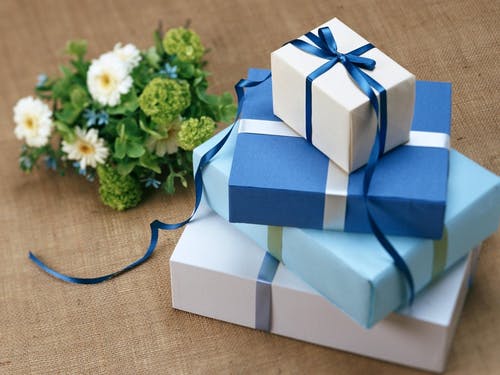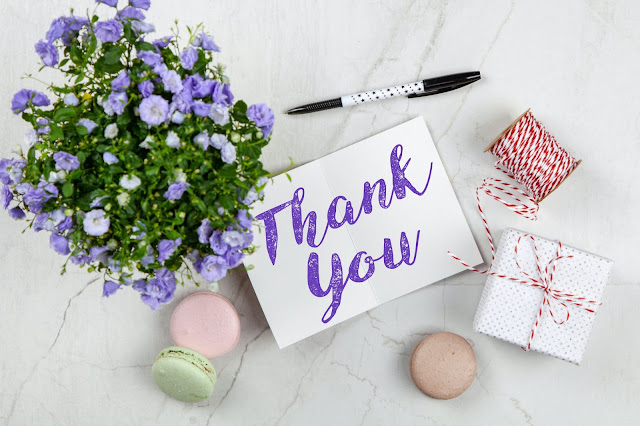8 Brands turn ecological luxurious boxes and packaging
8 BRANDS TURN ecological luxurious boxes and packaging
The rapid rise of the e-commerce era has seen an equally colossal increase in the plastic packaging used by brands around the world, which those on the cutting edge of sustainability are now seeking to change by using ecological luxurious boxes unstead of plastic.
According to the Environmental Protection Agency, people in the United States alone use more than 380 billion plastic bags and packaging each year. Much of this ends up in the ocean, polluting water and damaging wildlife with non-biodegradable materials.
These facts, and many others, create a desperate need for change. The key is for the public to pay attention to. A survey conducted in 2017 shows that packaging professionals and brand owners are those who complain most about unsustainable or excessive packaging.
Reading now: 8 Brands turn ecological luxurious boxes and packaging
Meanwhile, bans on products such as plastic bags are starting to pay off in some markets: in the UK, more than 15 billion have been saved from landfill since its introduction nearly four years ago. This figure is particularly significant considering that these items can take around 500 years to decompose.
We have already discussed the market opportunities that exist for reusable packaging solutions for health and beauty professionals, but this challenge also applies to the wider retail sector. The good news is that brands in all sectors are now doubling their market share in environmentally friendly packaging. From luxury retailers to online stores,
Check about these luxury companies that start to adapt packaging with eco-friendly requirements.
MATCHESFASHION.COM
MatchesFashion's iconic boxes
MatchesFashion.com a worldwide luxury retailer based in London began shifting to a new sustainable and ecofriendly packaging strategy. the company has a big challenge regarding his fancy high-quality boxes, so they have to consider this in addition to new sustainability measures.
The company has made three commitments: first, to ensure that all packaging is widely recyclable; second, to introduce a half-size box with less material; and third, to incorporate sustainably sourced materials, including FSC-certified cards and post-consumer waste.
PVH
Calvin Klein Packaging
Many companies owned by the PVH apparel company like Calvin Klein, have ambitious sustainability goals, they want 100% sustainable and eco-friendly and ethically packaging by 2025. "As a global apparel company, we recognize that we have a responsibility to reduce waste, and one of the key ways we can do this is by minimizing our packaging and making it recyclable," said Marissa Pagnani-McGowan, Group Vice President of Corporate Responsibility for the company.
The company is already making progress; according to its 2018 Corporate Responsibility Report, 74 percent of its packaging is now recyclable. In addition, PVH Dress Furnishings Group has saved almost 200 tonnes of plastic by reducing the thickness of its polybags. PVH also became the first clothing company to join How2Recycle, to avoid trowing directly packaging wastes in the landfill.
How2Recycle is an initiative that provides standard labels with clear instructions to inform customers on how to recycle packaging materials.
TOAD&CO
Toad&Co has partnered with LimeLoop
Sustainable fashion brand Toad&Co based in California has partnered with LimeLoop based in the US to exchange cardboard boxes and disposable mail with recycled vinyl packaging.
Customers can request the new packaging at the checkout. When the product arrives, the empty container can be placed in the mail for return and reuse.
Kelly Milazzo, the company's director of operations, estimates that 2,500 LimeLoop bags - each of which is expected to have 2,000 uses - could power the company's entire e-commerce operations for 83 years. "This saves the equivalent of 5 million plastic shipments," said Kelly Milazzo.
PRANA
PrAna's eco-labels
prAna high-end clothing uses recycled paper and soy-based ink for its packaging, binding its garments with raffia strips. The company had to conduct a series of tests to ensure that the raffia strips kept the products in good condition during processing and delivery.
This strategy has paid off, as the company will have eliminated 80 percent of plastic bags by 2016.
However, quality control is paramount. "We have established different guidelines for each type of garment to show our factory how to fold, how to place the hang tag in the right position, and how to put the raffia tie on," said Meme Snell, men's products developer for the brand.
AMAZON
The new eco-box from Tide, a brand of Amazon
Amazon India has committed to eliminating using their plastic packaging for just one time this June 2020. The first step is to replace plastic packagings such as air cushions and bubble wrap with paper cushions, a recyclable material, by the end of this year. The company also introduced Package-Free Shipment (PFS) last year and has expanded the practice to 13 cities. By bundling multiple shipments in a reusable crate or corrugated box, Amazon can minimize the secondary packaging required for individual shipments.
At the same time, Amazon US has begun encouraging brands to change their packaging designs to make shipping easier, making the process more sustainable. For example, Tide plans to switch from its current bottle to a new "Eco-Box" containing 60% less plastic.
REFORM
The sacks of vegetables of the Reformation
The reform paves the way for other young brands at the forefront of the trend to be sustainable by implementing environmental awareness in all aspects of their activities. Reformation delivers its e-commerce orders in vegetable bags that are 100% compostable. Once the bag is used, it simply decomposes as organic waste, leaving no harmful chemicals behind.
The packaging is plastic-free and made from 100% recycled paper and bio-based compostable film, and even the hangers are also bio-based. As the average life of a plastic or metal hanger is only 3 months, the Reformation has chosen to use recycled paper hangers to minimize the demand for new materials and reduce waste to landfill.
Reading now: 8 Brands turn ecological luxurious boxes and packaging
ASOS
ASOS packaging
ASOS also are shifting to sustainability and eco-friendly materials for its packaging. After a cradle-to-door assessment revealed that plastic bags produce 60% fewer greenhouse gas emissions than cardboard, the company decided to reduce the number of cardboard boxes in favor of the former.
ASOS uses 25% recycled material for the bags, to reduce the environmental damage of its plastic packagings. The company has also reduced the thickness of the bags, saving approximately 583 tonnes of plastic per year.
The retailer is also working to implement a closed-loop system that recycles consumer packaging into new packaging. Incorporating 10% post-consumer waste into new bags reduces the use of virgin plastic by 160 tonnes per year.
MAGGIE MARILYN
Maggie Marilyn
Maggie Marilyn, a women's clothing designer based in New Zealand, is focusing on an often overlooked part of the supply chain when it comes to sustainability, using compostable bags to ship bulk items.
The bags, which are made from corn starch and synthetic polymer, represent a 60 percent reduction in CO2 emissions compared to traditional plastic bags.





Comments
Post a Comment